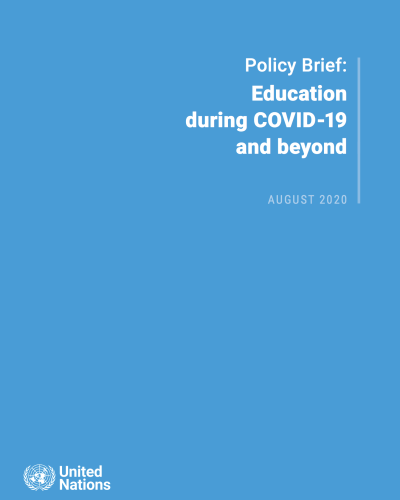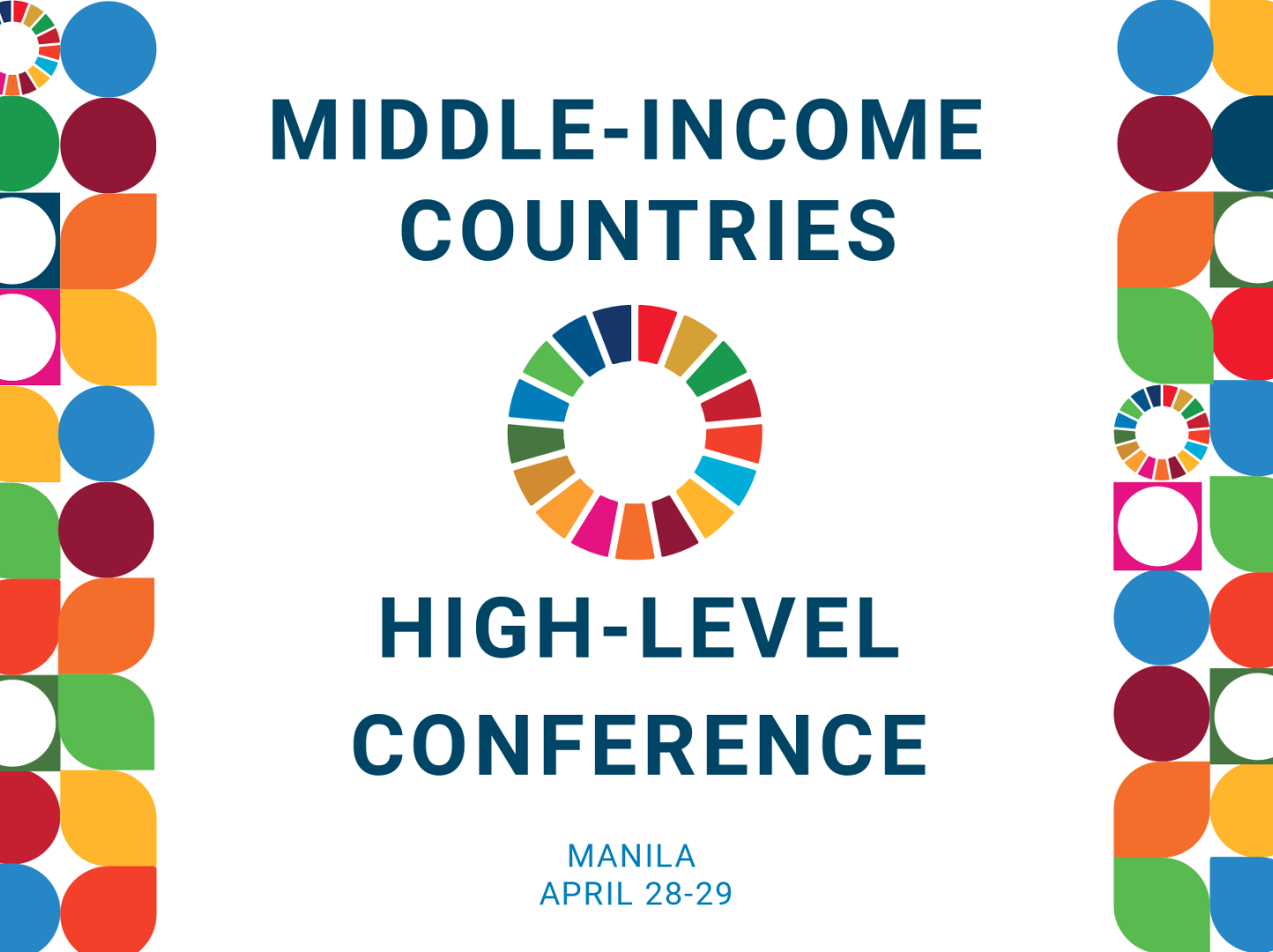Publication
Secretary-General's Policy Brief on Education During COVID-19 and Beyond
04 August 2020

Key Messages
- The COVID-19 pandemic has created the largest disruption of education systems in history, affecting nearly 1.6 billion learners in all countries and all continents.
- The pandemic has exacerbated education disparities. Learning losses due to prolonged school closures threaten to erase progress made in recent decades, not least for girls and young women.
- Some 23.8 million additional children and youth (from pre-primary to tertiary) could drop out or not have access to school next year due to the pandemic’s economic impact alone.
- Education is a fundamental human right. It is the bedrock of just, equal and inclusive societies and a main driver of sustainable development. To prevent a pre-existing learning crisis from turning into a learning catastrophe, governments and the international community must step up.
- Once national or local outbreaks of the virus are under control, governments must look to reopen schools safely, listening to the voices of key stakeholders and coordinating with relevant actors, including the health community.
- The gap in education financing globally could increase by 30% because of the crisis. Governments need to protect education financing in national budgets, in international development assistance and through greater cooperation on debt.
- To cope better with future crises, governments should strengthen the resilience of education systems by placing a strong focus on equity and inclusion; and on reinforce capacities for risk management. Failure to do so poses major risks to international peace and stability.
- The transformation of education systems has been stimulated and reinforced in many countries during the pandemic: innovative solutions for learning and teaching continuity have flourished.
- Responses have also highlighted major divides, beginning with the digital one. It is time to reimagine education and accelerate positive change, and ensure that education systems are more flexible, equitable, and inclusive.
- To spur global momentum around the education emergency and the need to protect and reimagine education in a post-COVID-19 world, a coalition of global organizations[i] is joining forces to launch the ‘SaveOurFuture’ campaign. This campaign will amplify the voices of children and young people and urge governments worldwide to recognize investment in education as critical to COVID-19 recovery.
[i] UNICEF, UNESCO, World Bank, Save the Children, Education Cannot Wait, Global Partnership for Education, Education Outcomes Fund, Education Commission, Asian Development Bank, African Development Bank.
Published by
UN
Related Resources
Resources
14 October 2025






